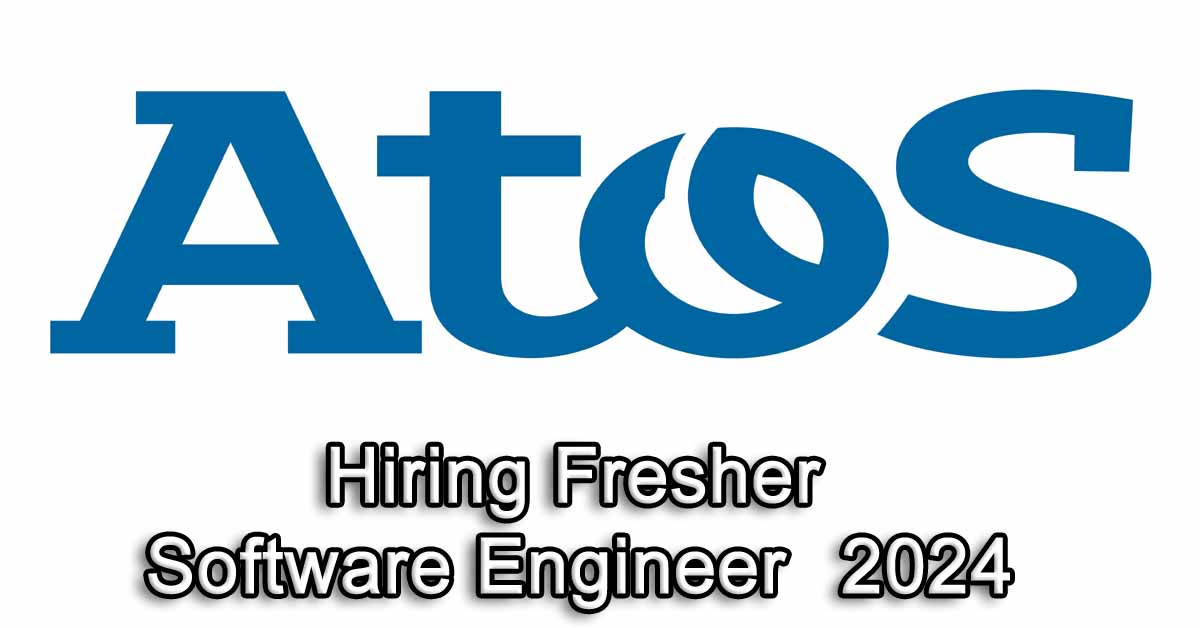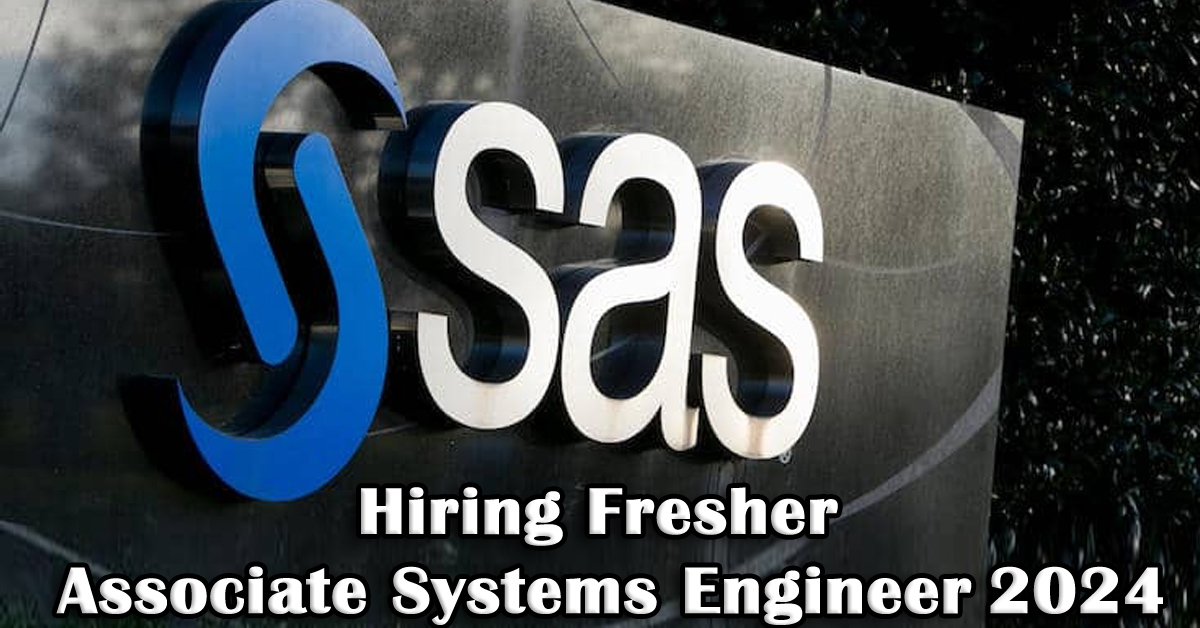Genpact Jobs for Freshers 2024 for SQL Developer Support
Genpact jobs for freshers 2024 ,Genpact jobs for bca freshers,Genpact Jobs for Freshers 2023, Genpact jobs,it jobs vacancy,freshersworld,jobsforu,freshershunt. Genpact Mass Hiring * Role: SQL Developer Support * Salary: 3.5-5.5LPA(Expected) * Location: Hyderabad * Experience: Freshers(0-1Year) * Education BE CS/IT/All Branch * Batch Recent-Batch Genpact Jobs For Freshers 2024 For SQL Developer Support. Genpact jobs for … Read more










